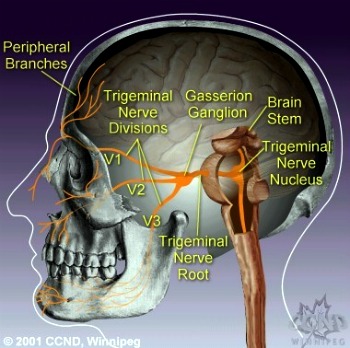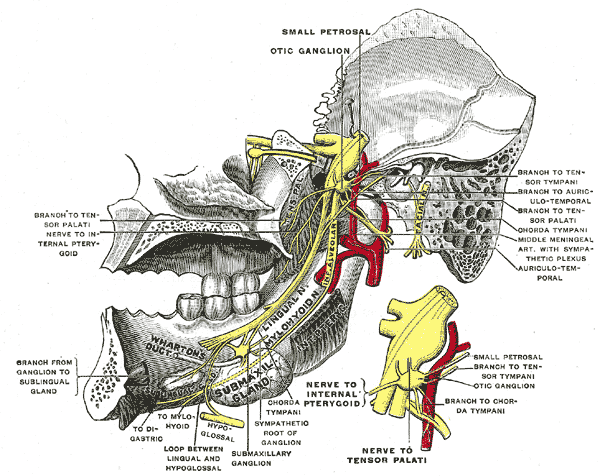Nothing has improved but my eardrum is now built like a tank. The surgeon took cartilage from my outer ear to thicken up my ear drum. At the same time, she found that my middle ear bones were a mess and replaced them with a titanium unit. I wasn’t able to undergo the Eustachian tube dilation since my insurance wouldn’t cover it and my doctor didn’t think it was necessary after everything else she found and did.
I just had my final hearing test last week and unfortunately, no improvement in my hearing levels. I still have to use my hearing aid. However, I think because of the surgery/titanium, voices and sounds are more crisp and less muffled. I program my own hearing aid and I drastically had to change the settings. Although the level isn’t there, I do hear things much better now than I did before. She noted that is very possible since hearing tests can’t detect this change.
She believes I have two issues going on. One is too hard to explain with my middle ear without going into a long explanation and the other has to do with my inner ear which is the most important. From the CT scans, she believes the severe and prolonged pain that I received from the wisdom tooth extraction shocked the area and caused the bone surrounding my inner ear to dissipate and create a hole not allowing the full sound pressure/vibration to enter my inner ear. She’s shocked that I don’t have sound vertigo. Although, I now have an uneasy feeling when I exert myself that I never had before. There is a surgery that could be completed to fill in the hole but it is extremely risky since it is right next to the brain and could jeopardize a lot more than my hearing. We both agreed it wasn’t the right direction so I will have to live with this loss forever.
** Les, if I were you, I’d very quickly find the best ENT doctor in your area and pay them a visit before I would a primary physician. One of the things that occurred to me that might be affecting you is Eustachian Tube Dysfunction. From what I’ve read, the bottom jaw nerves run closer to the ear nerves and Eustachian tube than the upper jaw. If those nerves are inflamed, they can cause the same to the Eustachian tube nerves and make it restrict and lock up, not allowing air flow between your throat and middle ear. When this happens, you develop either an overly positive or negative pressure in your middle ear. This will decrease your hearing, sounding muffled, and can feel like your in a plane or have water in your ear. If prolonged, this will stretch out your eardrum and the only way to make it tight again is through laser surgery or the cartilage enforcement like I underwent. The doctor can hopefully provide a way for the tube muscles to relax. Simple pain medication did not work for me. I had to eliminate the source of the pain through another oral surgery that corrected all of the damage. I still have tube dysfunction some during allergy season but with my new built up ear drum, the negative pressure no longer sucks it in which is awesome. I only have a slight muffled sound.
Really hope this helps and I pray that you find a solution.


The Trigeminal Nerve is subdivided into three branches.
V2 is the middle division of the Trigeminal nerve and gives general sensory to the nerve branches to the zygomatic, infraorbital areas (outer nasal, upper lip), upper teeth, eye, palatal, posterior nasal areas, pharyngeal area and the meningies.
V3 is the lower division of the Trigeminal nerve and gives sensory to the buccal, tongue, lower teeth, frontal ear and acoustic areas, the temporomandibular joint areas and meningies.
Pressure regulation of the Eustachian Tube is regulated by three muscles including the Tensor Veli Palatini (TVP).
The TVP is innervated by the V3 division of the trigeminal nerve and lies in close anatomical proximity to the medial pterygoid. When there is pain occurring from primary pain source, the effects spread to other muscles that share the same nerve supply. Dysfunction in muscles causes excitation and resulting in unnecessary sustained contraction of a muscle. In the case of the TVP muscle, this sustained contraction causes the lumen of the Eustachian Tube to remain patent at rest and pressure build up.